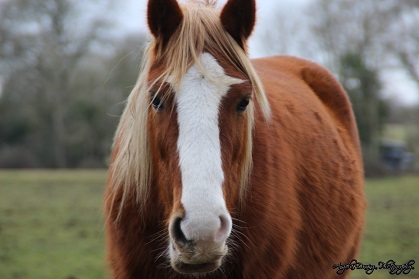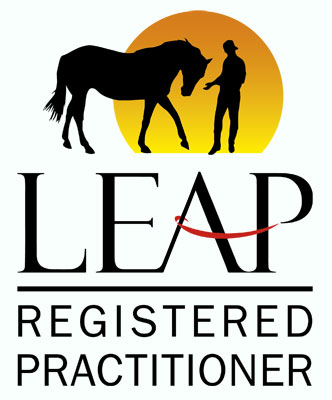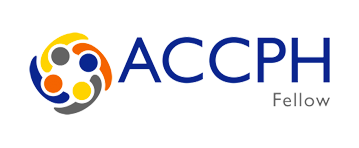
Blog
Bringing Quality & Sensitivity back into the Heart of Equine Facilitated Practice.
10 April 2016

I talk a lot in my book The Horse Leads The Way about the need for facilitators to embody sensitivity in the practices of Equine Facilitated/Assisted Learning, Therapy and Psychotherapy.
Some people drawn to partnering with a highly sensitive species like horses innately have a heightened level of sensitivity and intuition, including:
- Sensitivity to energy, emotions, moods and physical states of people and horses
- Sensitivity to the feedback from the horses
- Sensitivity to the physical and energetic spacial boundaries of the horses.
These people invariably become some of the best facilitators in this work. Able to relate well to two species simultaneously and sensitively, they literally embody The Way of the Horse to the extent that the horses are hugely comfortable and empowered in their work, and equally their clients feel safe, held and seen.
As this work becomes more and more mainstream and as an industry, grows at the rate it presently is, well-meaning but perhaps less suitably skilled people are drawn to entering this field. And with an eye on profit, reputation and growth in an ever increasingly competitive field, the quality of some training and therefore professional practice is getting lost as a by-product of this unregulated growth.
It is disheartening to see again and again photos and videos being circulated on social media attempting to show how powerful this work is, whilst in the process of doing so, blatantly omitting the levels of sensitivity needed to actually work well with horses and clients.
A frequent example of this lack of sensitivity is a photo or video of a group of people standing around, moving or touching a single horse. Often the horse's body language clearly shows that he/she is uncomfortable and looks “mobbed” by overly enthusiastic people.
Indications from the horse that they are unhappy look like this: ears pinned back, head raised, neck tense, or looking shut-down/dissociated.
And if these are particularly troubled clients or non-horsey folk, their experience in terms of modulating their energy levels sufficiently to be happily accepted into the horse’s immediate personal space will be less developed.
This is where we, as practitioners, need to guide and practice what we preach by setting boundaries which respect our horses and in the process, inform our clients about the horse's boundaries and choices.
An empowered horse will clearly communicate their needs. As facilitator’s we need to be truly empowered enough ourselves to listen, pay attention, and change something in response to what our equine-partners are saying.
Inherent in our own empowerment is humility; we do not always know what’s best. In fact, I would go as far as to say the opposite is more often true: The horses show us, as well as our clients, the way or often a better way to go about things, especially in our relationships to them.
My own horses teach me on a daily basis what I need to change to make life go more smoothly - they don't need to change a thing, except respect my boundaries of course. They also clearly communicate, each in very different ways, what their preferences are, in particular, in terms of their immediate physical and energetic personal space, their needs. As well as their preferences for me, my colleagues and clients to be authentic and congruent when around them.
And because I listen and change in response to their needs, they feel listened to; and ultimately, they can trust me more to listen to them and respect their needs. And so they feel empowered enough to express themselves; lead what wants to happen, and to let me know when something isn't comfortable or good for them.
Without us as practitioners heeding the horses' lessons and changing ourselves in response, we do not walk our talk. If we don’t do this, like in any helping profession, we have no business claiming we can help others change.
If we don't listen, the results in terms of the horses are potentially:
- We ask too much of the horses
- We ask them to shut-down their needs, thereby potentially creating stress and imbalance in them, as they are then at risk of holding onto stuff that they needed to let go of
- We ignore their voice which is trying to tell us what is or isn't acceptable to them in any given moment: in other words, we create disempowered equine colleagues.
In the enthusiasm to promote this work to more and more people, the horse’s voice and well-being is at risk of being drowned out.
The irony of which is that in its early days of Equine Facilitated Practice, the horses were leading us and telling us what we needed to change first in response to them, to enhance our relationship with them, and secondly in our human relationships.
It is time to reclaim this willingness to listen and return this work to its essence: Truly equine-led learning and therapeutic interventions. Short-cuts just aren't good enough. We owe it to the horses to listen and change, and not to simply create yet another equine industry with disempowered, compliant horses.
The horses have spoken, it's up to us to really listen.
© Angela Dunning, 3rd April 2016








